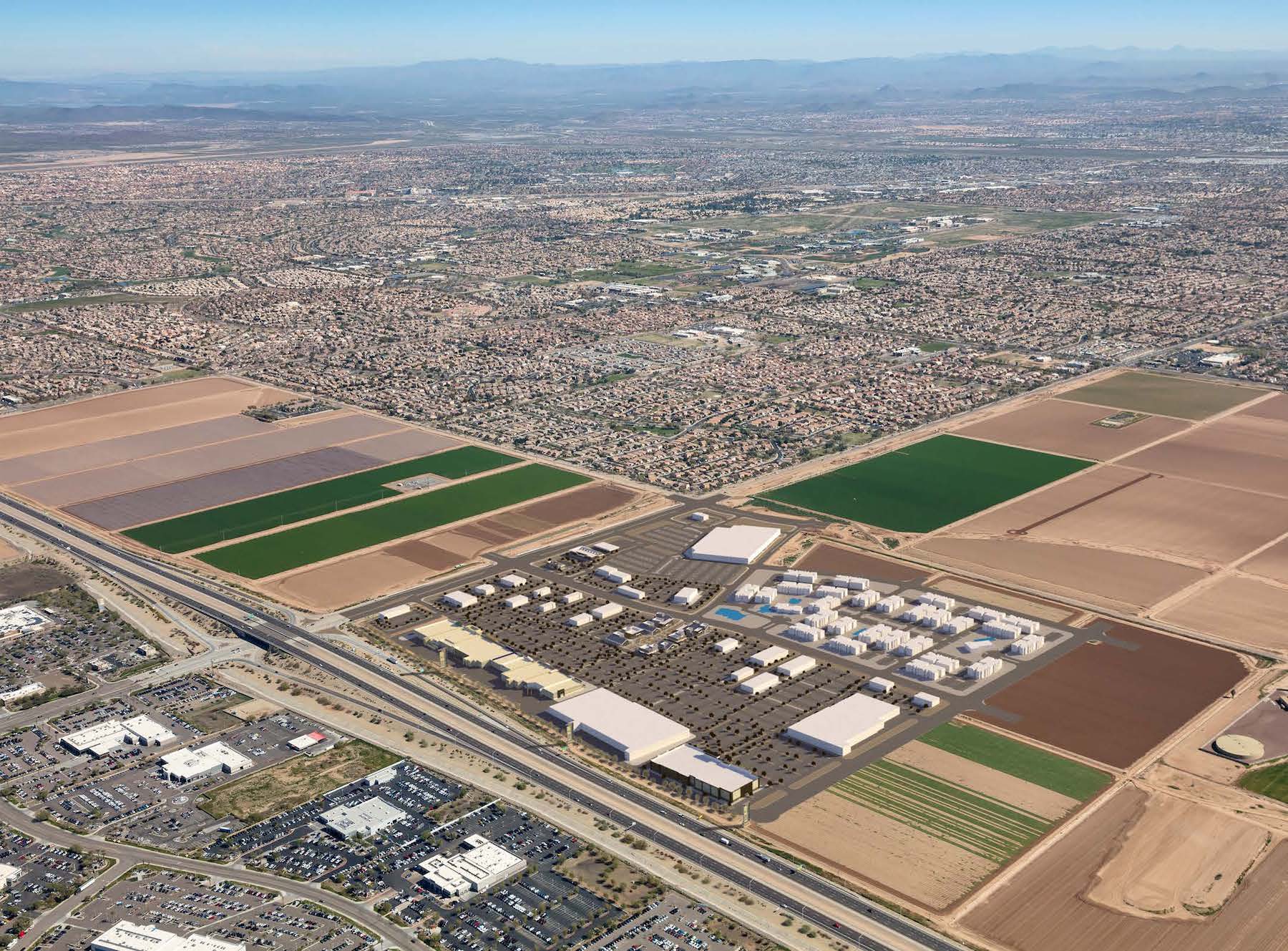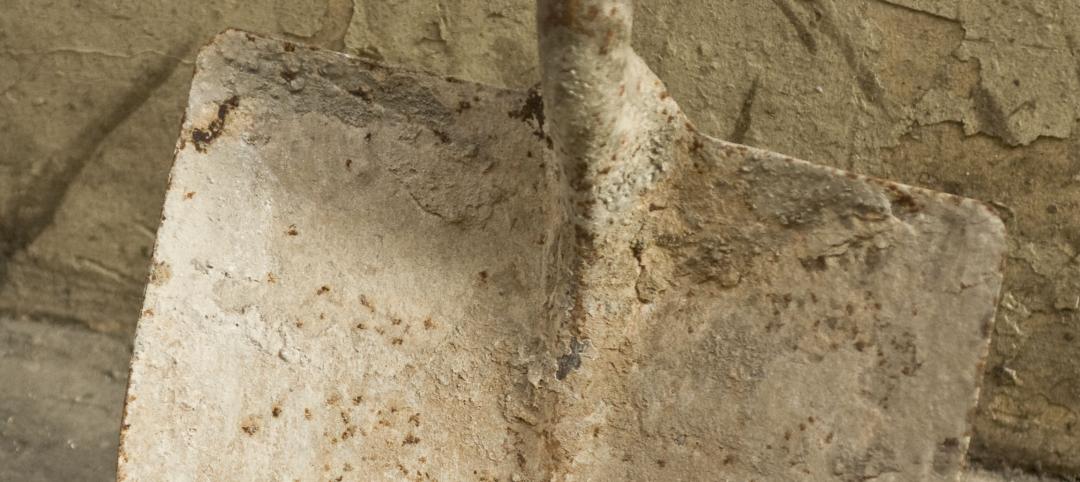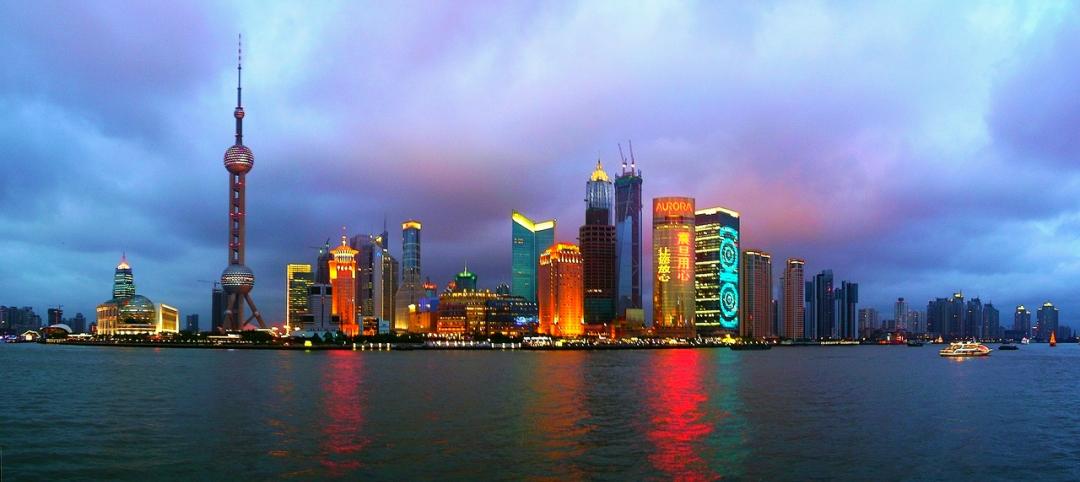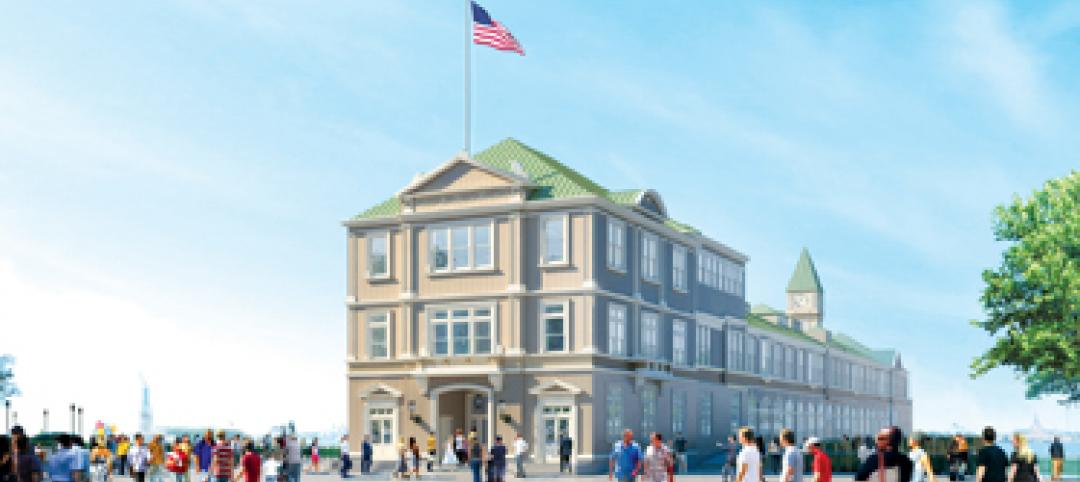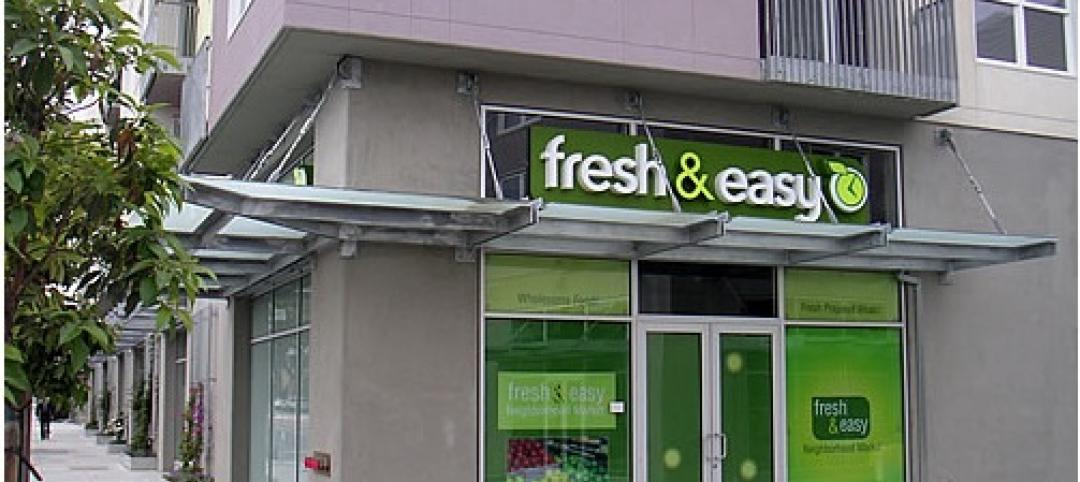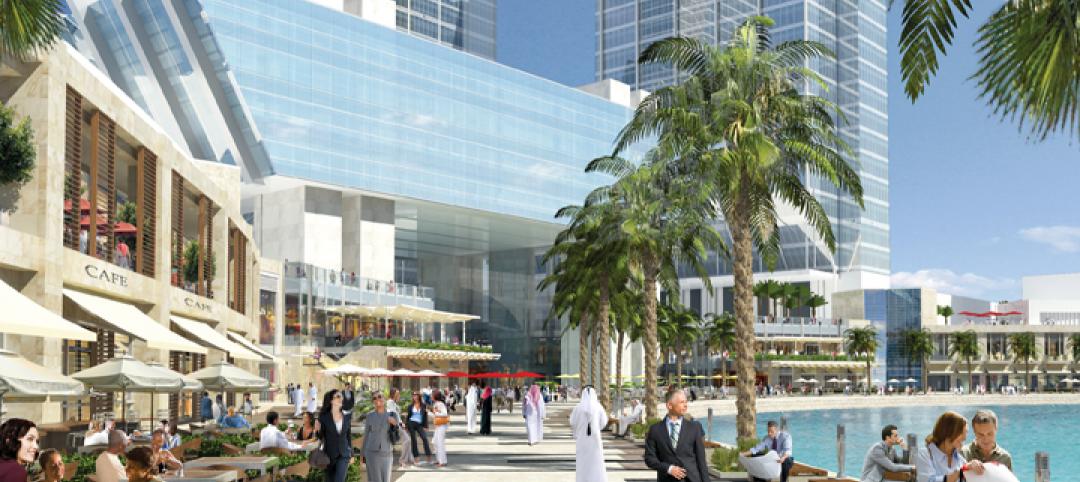An avalanche of retail closings and bankruptcies, instigated by the coronavirus pandemic and the growing popularity of online shopping, left tens of thousands of stores vacant across the U.S. But at least one market watcher, Coresight Research, recently projected that, for the first time in five years, the 5,083 store openings that retailers announced in 2021 may have topped the 5,079 announced store closings for that year, the lowest number of closings in a half decade.
No one is arguing that retail is a healthy sector yet. But the patient is showing signs of recovery: in its Outlook for the third quarter of 2021, JLL noted that retail sales were tracking upward and that foot traffic in shopping centers was around 25 percent above 2020 levels (a low bar, admittedly). More significantly, JLL also noted that, through the first half of 2021, 41,000 leases representing 121 million sf had been signed. “For the first time since 2017, retailers will open more stores than they close.”
SimonCRE, a national commercial real estate acquisition and development company, is hoping the retail sector can get on a roll again. Among its current developments is Village at Prasada, which the company claims to be the first major power center developed in the western U.S. in over a decade.
Phase 1 of this project, whose construction started last month, will include more than 330,000 sf of retail space. The 250,000-sf Phase 2 is scheduled to begin construction later this year. The cost of developing Village at Prasada is estimated at $500 million, according to SimonCRE.
As of last month, Village at Prasada had commitments for more than 90 percent of its planned space, and had executed leases with retailers such as TJ Maxx, Costco, HomeGoods, Marshalls, Ulta, and PetSmart. The power center will also include a 61,000-sf entertainment concept with bowling and movies called Fat Cats, and a restaurant row that includes local nano-brewery O.H.S.O, and renowned Mexican restaurant Barrio Queen. (Western Retail Advisors is this project’s leasing agent.)
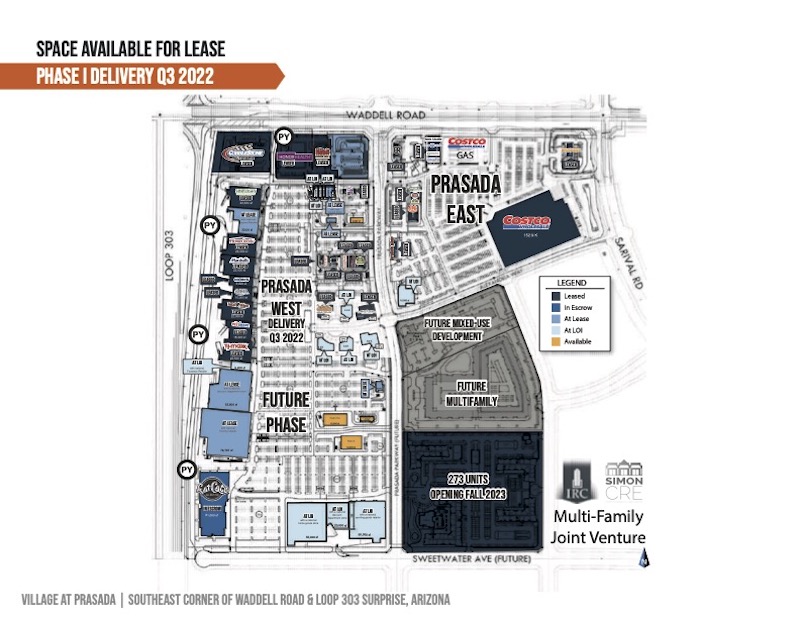
PART OF A MASTER PLAN FOR A BURGEONING SUBURB
The power center is located on 100 acres in Surprise, Ariz., one of metro Phoenix’s fastest-growing suburbs. Village at Prasada is part of a 3,355-acre master plan community by RED Development that will bring medical services, offices, hospitality, 14,000 single-family homes and 360 multifamily units to this market. The power center’s immediate trading area is projected to have a population of 220,029 by 2025, 10 percent more than its estimated population in 2020.
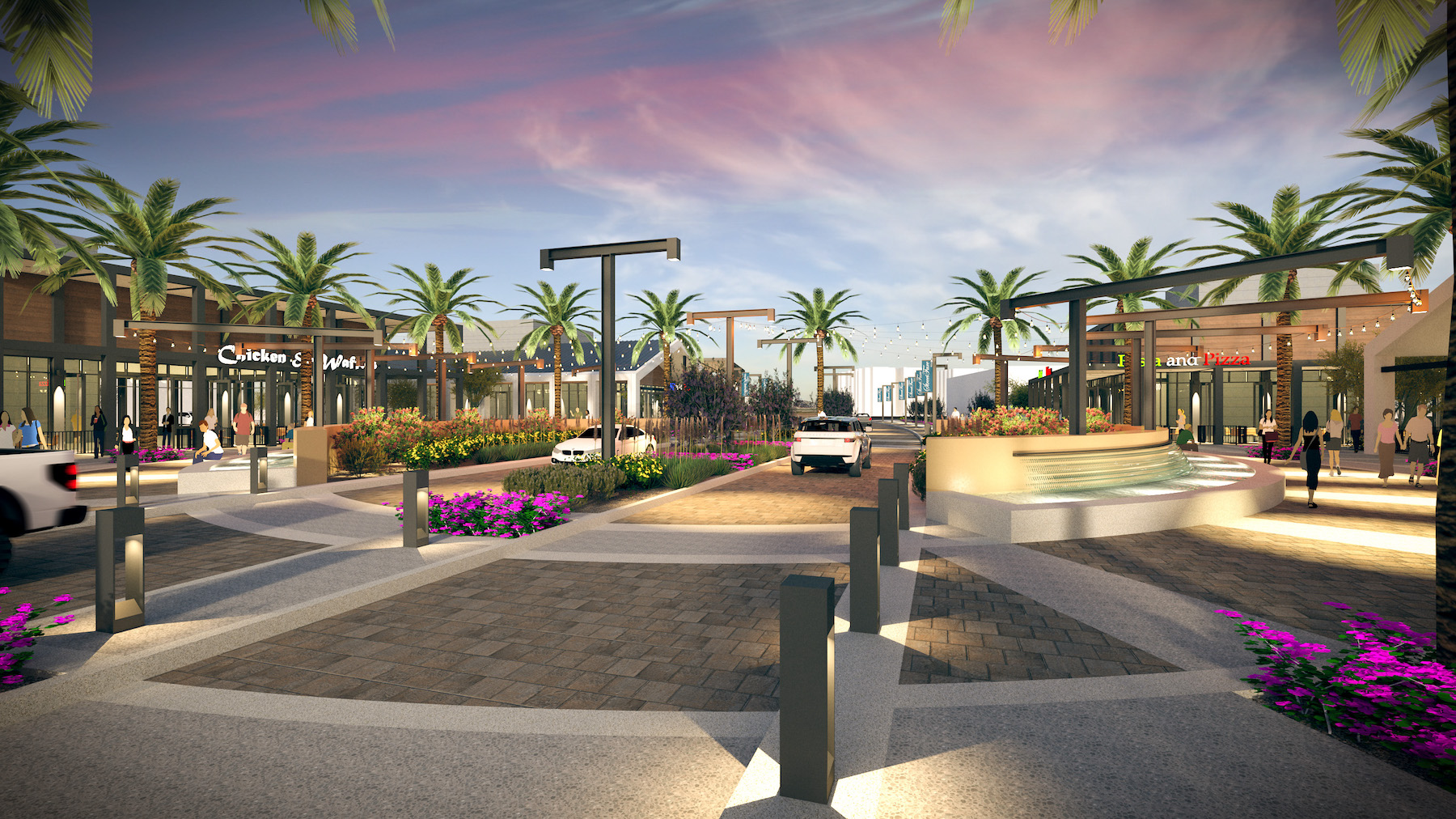
SimonCRE’s involvement in the master plan—which includes the development of two 3- and 4-story multifamily housing projects that will break ground in late 2022 and early 2023—“was borne out of a desire to not only address an unfilled demand for retail in Phoenix’s West Valley, but to be trendsetters by building something bold and new,” said Joshua Simon, CEO and founder of SimonCRE, in a prepared statement.
In an email to BD+C, the company elaborated that it “could see” a “strong enough” need for this kind of outdoor mall, corroborated by a poll of 5,100 residents who specifically requested several of the tenants that will lease space at Village at Prasada.
The Building Team on this project includes Suite 6 Architecture + Planning and Upward Architects (renderings), RKAA Architects, Upward Architects, ADA Architects Inc., HDJ Architects, and Architectural Design Guild (architects), Olsson Engineers, Cypress Civil Engineers, Bowman Consulting (engineers), and Haydon and Stout Building Contractors (GCs).
SimonCRE is slated to complete about 600,000 sf of retail space in greater Phoenix over the next two years, and has more than 1.2 million sf of retail space under development nationally.
Related Stories
| Sep 23, 2011
Under 40 Leadership Summit
Building Design+Construction’s Under 40 Leadership Summit takes place October 26-28, 2011 Hotel at the Monteleone in New Orleans. Discounted hotel rate deadline: October 2, 2011.
| May 17, 2011
Redesigning, redefining the grocery shopping experience
The traditional 40,000- to 60,000-sf grocery store is disappearing and much of the change is happening in the city. Urban infill sites and mixed-use projects offer grocers a rare opportunity to repackage themselves into smaller, more efficient, and more convenient retail outlets. And the AEC community will have a hand in developing how these facilities will look and operate.
| Apr 12, 2011
Retail complex enjoys prime Abu Dhabi location
The Galleria at Sowwah Square in Abu Dhabi will be built in a prime location within Sowwah Island that also includes a five-star Four Seasons Hotel, the healthcare facility Cleveland Clinic Abu Dhabi, and nearly two million sf of Class A office space.
| Mar 30, 2011
Big-box giants downsize, open smaller, urban stores
As U.S. chain retailers absorb the lessons of the Great Recession, many big-box chains have started to shrink average store footprints to reflect the growing importance of multi-channel shopping, adapt to urban settings, and recognize the need to optimize portfolios. Wal-Mart, Target, Best Buy, and the Gap, among others, all have small concepts in the works or are adapting existing ones. These smaller store formats should allow the retailers to maximize profitability and open more stores in closer proximity to each other.
| Mar 22, 2011
Mayor Bloomberg unveils plans for New York City’s largest new affordable housing complex since the ’70s
Plans for Hunter’s Point South, the largest new affordable housing complex to be built in New York City since the 1970s, include new residences for 5,000 families, with more than 900 in this first phase. A development team consisting of Phipps Houses, Related Companies, and Monadnock Construction has been selected to build the residential portion of the first phase of the Queens waterfront complex, which includes two mixed-use buildings comprising more than 900 housing units and roughly 20,000 square feet of new retail space.
| Feb 23, 2011
Unprecedented green building dispute could cost developer $122.3 Million
A massive 4.5 million-sf expansion of the Carousel Center shopping complex in Syracuse, N.Y., a project called Destiny USA, allegedly failed to incorporate green building components that developers had promised the federal government—including LEED certification. As a result, the project could lose its tax-exempt status, which reportedly saved developer The Pyramid Cos. $120 million, and the firm could be penalized $2.3 million by the IRS.


